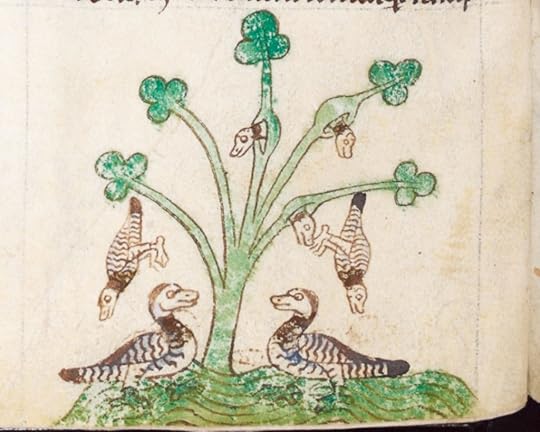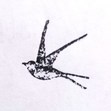Doing the Research
As tempting as it often is, I don’t just dive into writing without thinking about what I’m writing about first. I don’t mean planning out the story itself – that’s a step I’m often very guilty of skipping – but all the other things that go into making a story into a proper narrative. The background, the environment, the history – all that stuff is just as important as your characters and plot. Basically, you’ve got to do your research.
Now I am fortunate enough to have a Masters in Ancient History, which means that my head is still filled with all sorts of information about ancient Greece, Rome, China and a fair bit on medieval Europe into the bargain. This means that when I’m putting together my world histories I’ve got plenty of knowledge to draw on, and quite a lot of articles and books still lying around that I can use to refresh my knowledge without too much trouble. I can assemble a fairly convincing ancient society pretty quickly by blending some different systems of government and architectural styles, inventing some sort of riff on Herodotus as an ’ancient source’, and then sprinkling on a nice selection of weird-sounding names. (And all those ancient languages are really handy for that, especially translating ancient Chinese nicknames for titles. Being called ‘The Sleeping Dragon’ is just cool.)
And for once, all the weird facts that were very unhelpful during my actual degree make for great little worldbuilding details. Medieval medicine and science is amazing for little things like this – like the strenuous scientific debates about exactly what superpowers angels had, or the biology of barnacle geese.
 They grew like this, apparently. Topographia Hibernica (c. 1188) – British Library
They grew like this, apparently. Topographia Hibernica (c. 1188) – British LibraryBut once I’m outside history and ancient (mis)conceptions of science, things get trickier. Sometimes I have to actually think about real science and geography. In The Scar, a story I wrote up a while ago (and which you might be seeing in print pretty soon…), I chose an incredibly hot and sunny environment – which meant I had to research a bunch of unfamiliar technology, plants and other environmental bits and pieces for everything to make sense. In Weft and Warp I had to research submarines to make sure my space-submarines made sense; for various other not-yet-published stories I’ve had to look up algae, and spacewalking, and the effect of gradients on railways.
It’s the same story for me right now with Boiling Seas 3 – even though there aren’t actually any boiling-hot oceans in the world, I still need to consider what impact that environment might have on the world. I’ve thought about steel-hulled ships, and heat-sinks, steam in the air and the inability to swim: all those things took me a fair while to get into the right shape before I even finished The Blackbird and the Ghost. But now I’m on weirder things. Things that live in the Boiling Seas. And again, while nothing like these creatures actually exist, there are still actual bits of science I have to consider. Pressure, heat, minerals – all these are things I knew very little about before I started. (I mean, I still don’t know that much, but I’m learning.)
Some of this research is for big, important stuff, and some of it isn’t. Sometimes I’ll spend hours reading for the sake of a throwaway line. But getting these things right can be the difference between an ok story and a great one. Even if it’s one reader, one scientist who happens to pick up something I’ve written, reads it, and thinks ‘huh, that’s actually how that would work’, or one historian who appreciates a bit of Roman trivia, it’s worth it.
Now, if you’ll excuse me, I’m going to spend a few hours reading about the history of rude graffiti.



